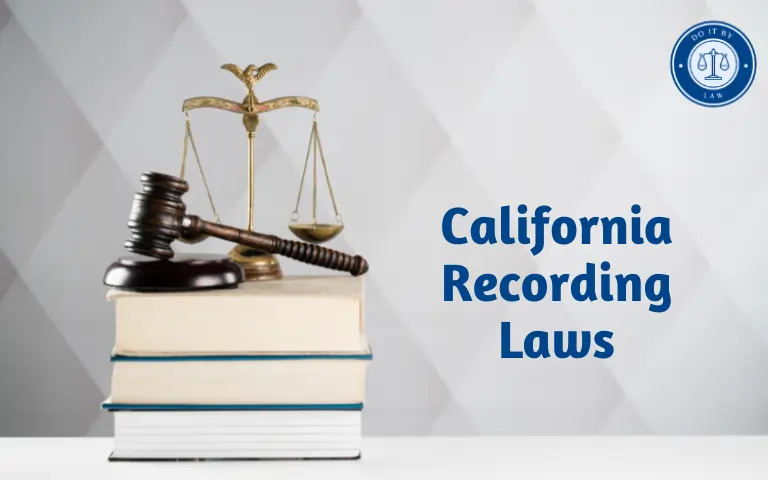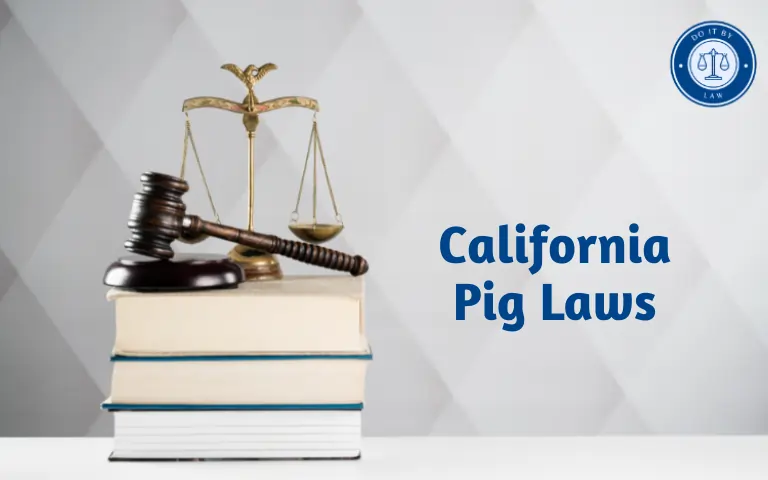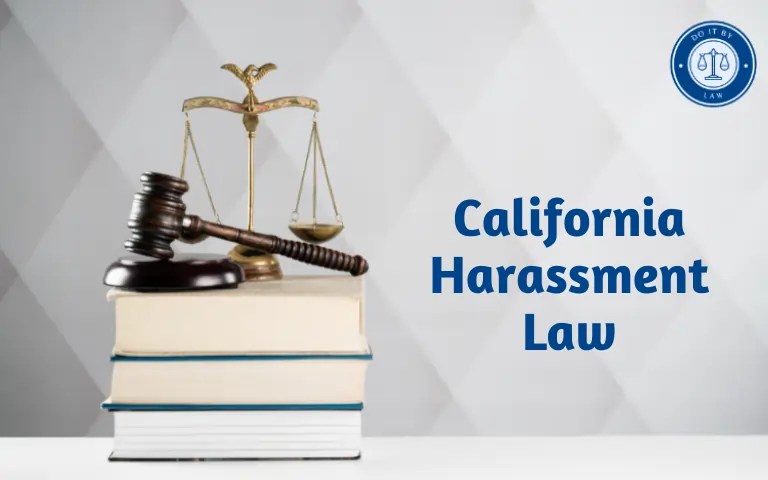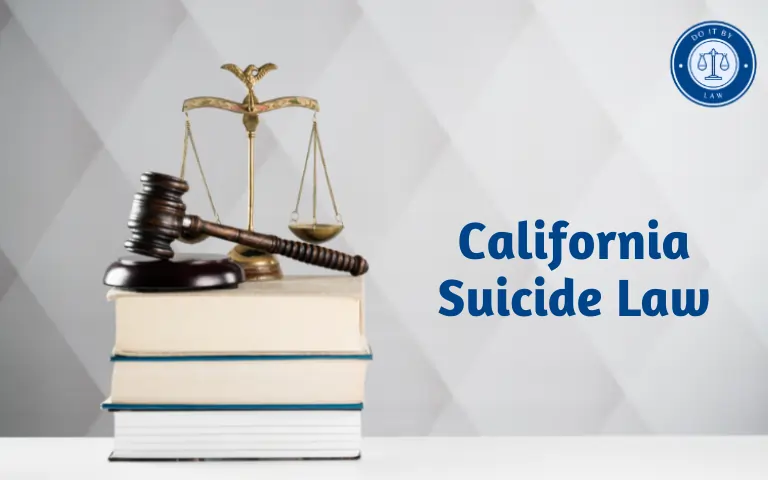California Recording Laws: What You Need to Know
You probably take photos and videos with glee, capturing California state beauty and antics wherever you go. But when is it legal to hit record or tape conversations under the state’s complex privacy laws? The penalties for violations can sharpshoot your bank account or even land you behind bars. Read on and get California Recording Laws ready within proper bounds.
When California Recording Laws Were Enacted and Why
- Early laws criminalized eavesdropping on private talks starting in 1967 to protect confidentiality.
- As technology advanced, the “invasion of privacy” statutes evolved to cover recording visuals and calls in confidential settings too.
- Strengthening protections aimed to uphold reasonable expectations of privacy for personal, financial, and medical situations against public sharing or leverage.
Who California Recording Laws Apply To
- Recording laws apply to any individual, organization, or company operating within California borders physically or virtually.
- All residents and visitors in the state also fall under these privacy statutes when capturing audio, video, or images in prohibited contexts. Ignorance doesn’t get you off the hook!
Key Provisions, Requirements, and Restrictions
- You must have consent from all recorded parties in confidential communications UNLESS you are also participating.
- Public video recording is generally allowed UNLESS it invades privacy behind closed doors or up skirts. Peeping Toms be damned!
- Workplace recording prohibition waives if documenting harassment, discrimination, or labor law violations.
Penalties for Violating California Recording Laws
- Penalties start with fines up to $2,500 per violation and one year imprisonment.
- Large illegal recordings yield damages from $5,000 up to three times the violation amount. Deleting or destroying caught tapes ups this by $1,000.
- Civil cases award individual victims from $1,000 to $5,000 while business violations cough up $5,000 minimum.
Recent Changes and Proposed Legislation
- Amendments in 2022 boosted penalties and employer notification requirements involving hidden workplace cameras. Violators also now duke it out fighting class action lawsuits.
- Several bills keep trying but failing to loosen restrictions on recording police despite First Amendment arguments. Courts uphold existing limits to balance rights.
Controversies, Debates, and Challenges
- Restricting police recording clashes with free speech advocates noting potential misconduct documentation benefits. Pending court battles continue balancing accountability, privacy, and safety issues.
- COVID-19 sparked workplace recording arguments to enhance remote managers’ oversight without consent. Courts said nice try but still illegal!
- Recording sexual assault for proof also falls in murky consent waters. Complex questions about victim empowerment and perpetuating crimes remain.
In Summary…
Navigating California’s recording laws means mastering nuances across contexts and penalties. While the state leans privacy-friendly, your smartphone doesn’t grant free reign. Know your rights and remaining risk areas!
Frequently Asked Questions
References:






